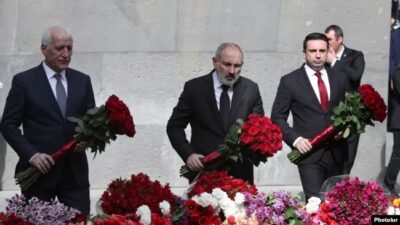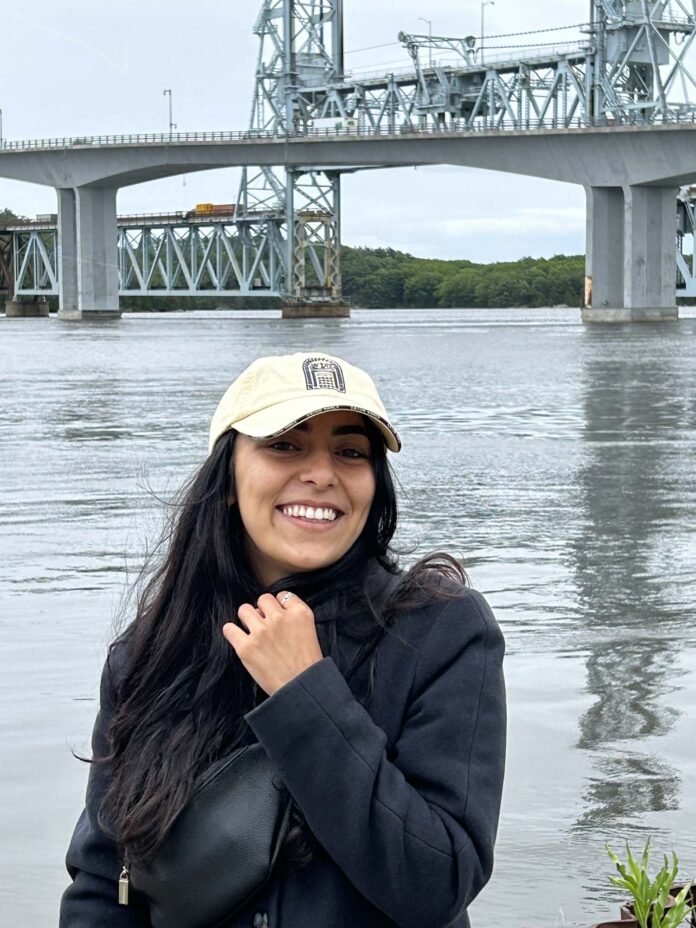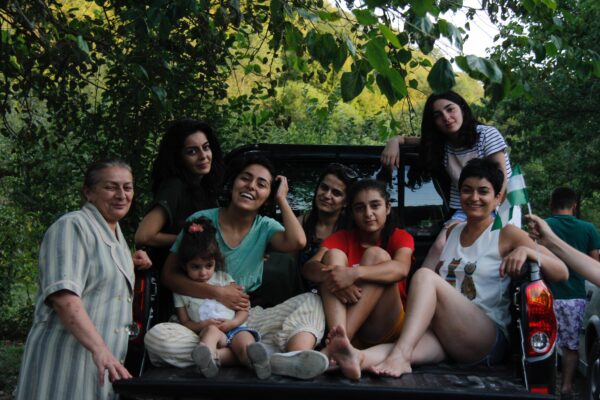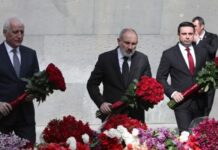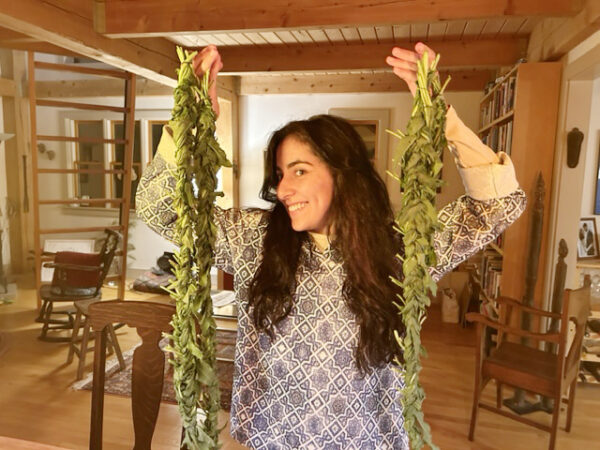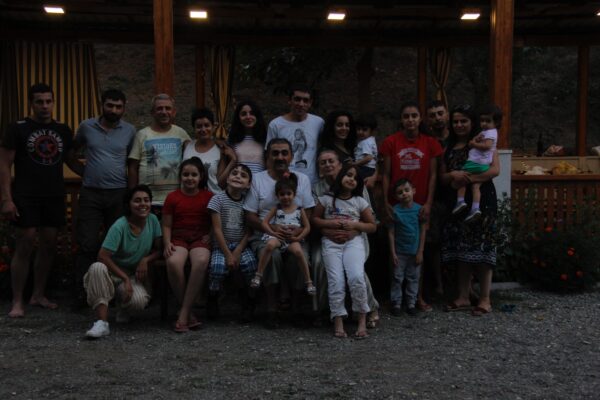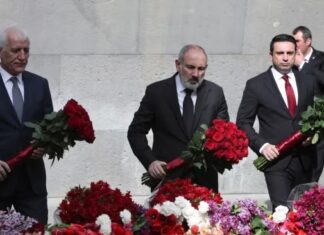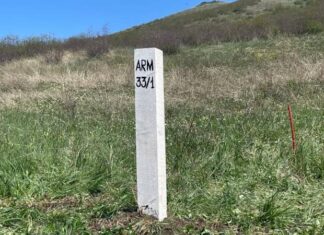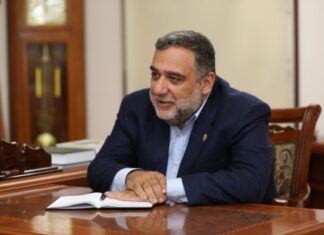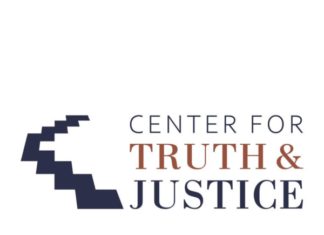BOSTON — For many college students, moving away from home is a rite of passage, albeit one in which they know they can expect visits from family and also return during breaks. For Shushanik Hayriyan, however, this experience is interlaced with an international tragedy — the blockade of Artsakh (Karabakh) by Azerbaijani forces.
Hayriyan, 23, now a freshman at the College of Idaho, hails from Sghnakh, a village outside the town of Askeran, in Artsakh. Her family is now stuck behind a blockade while she is in the US, unable to visit home.
While her story is frustrating and shot through with sadness, she has also made a deep connection with many people locally who have in effect created a new family around her. And that development came full circle through friendships forged by those supporting a remote corner of Armenia, as well as activists in the Armenian International Women’s Association (AIWA). Through quick action, a group of women were able to connect Hayriyan with Judith Saryan, who has opened her home to the young student for the summer, changing both their lives.
Said a grateful Hayriyan during a recent interview, “It feels like my actual family, honestly. They’ve been very nice to me and the fact that they understand what is happening in Artsakh and the situation with my family is very important to me. For most of my time in Idaho, you never get people who are actually interested in my part of the world,” she said. “When it comes to the Armenian community, I find a lot of people are caring about Karabakh and the future of Armenia and it feels good to be around these people. I feel the diasporan Armenians are actually with us.”
From Yerevan to Idaho
When Hayriyan was 8, her family moved from Sghnakh to Stepanakert. She was accepted to the United World College in Dilijan, Armenia, better known as UWC Dilijan College, for two years after concluding 11th grade in Stepanakert. The school is part of the United World Colleges program, in which graduates receive international baccalaureates.
